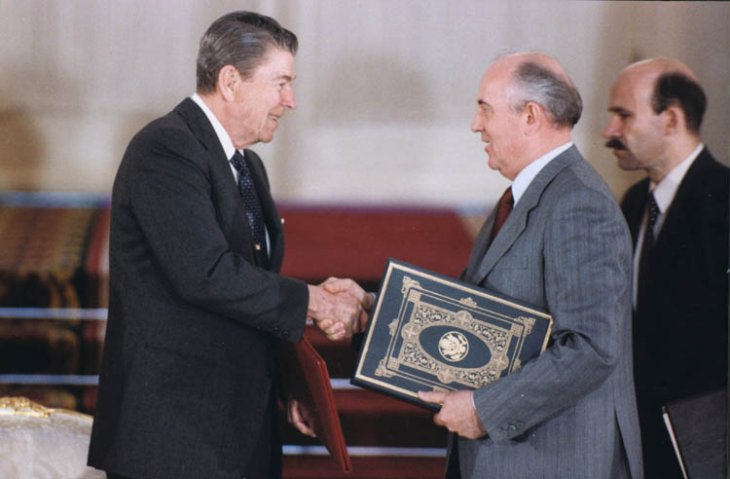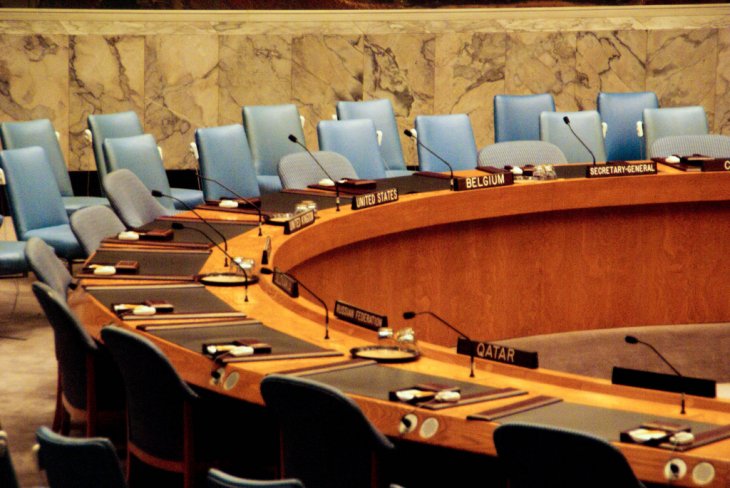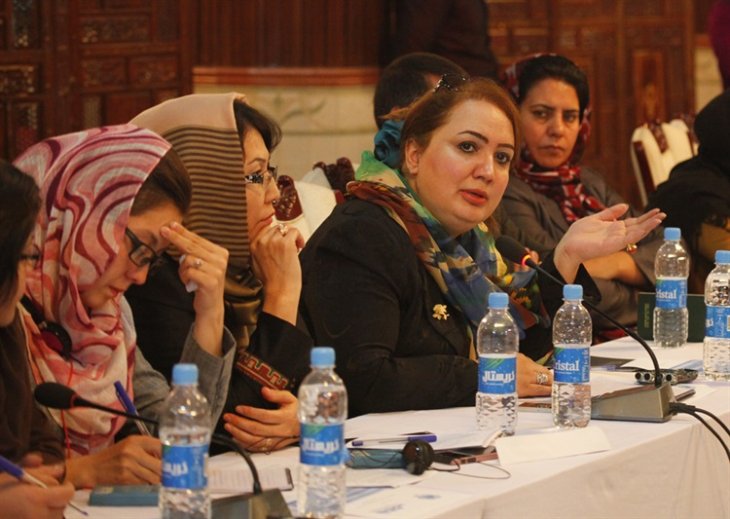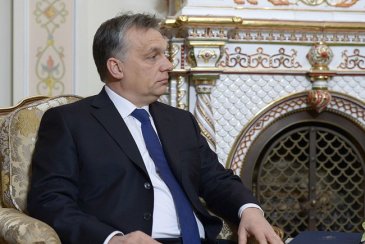Dan Smith, Director of SIPRI, has published a very informative and thoughtful blog on the apparently imminent breakdown of the INF Treaty. Following up with a week-old second thoughts, I can share this article (adapted from the Order from Chaos, published by the Brookings).

President Reagan and Soviet General Secretary Gorbachev shake hands after signing the INF Treaty.
The discussion of the pending U.S. withdrawal from the Intermediate-Range Nuclear Forces (INF) Treaty (1987) has fast progressed from the over-dramatized first reactions to even more frantic second-thoughts. Since the political decision has not yet been finalized in a formal notice to Russia, it is essential to sustain sober expert attention on the consequences of the move—which, to be clear, would break down a key pillar of the arms control system. The plea for a proper evaluation of these consequences comes loud and clear from Europe, which is going to find itself on the receiving end of Russian responses. Washington’s argument that Russian violations of the treaty—which bans testing and deployment of ground-based missiles—prompted the U.S. decision on withdrawal is solid, but Russia will still respond and perhaps pro-actively. Moscow has good reasons to assume that while it is ready to lift this ban with the treaty’s demise, the United States and NATO are not.
The Kremlin sought to provoke the Trump administration—known for its eagerness to break international agreements—into rushing the unilateral withdrawal. It has achieved just that, but is hardly in a position to harvest any political dividends.




